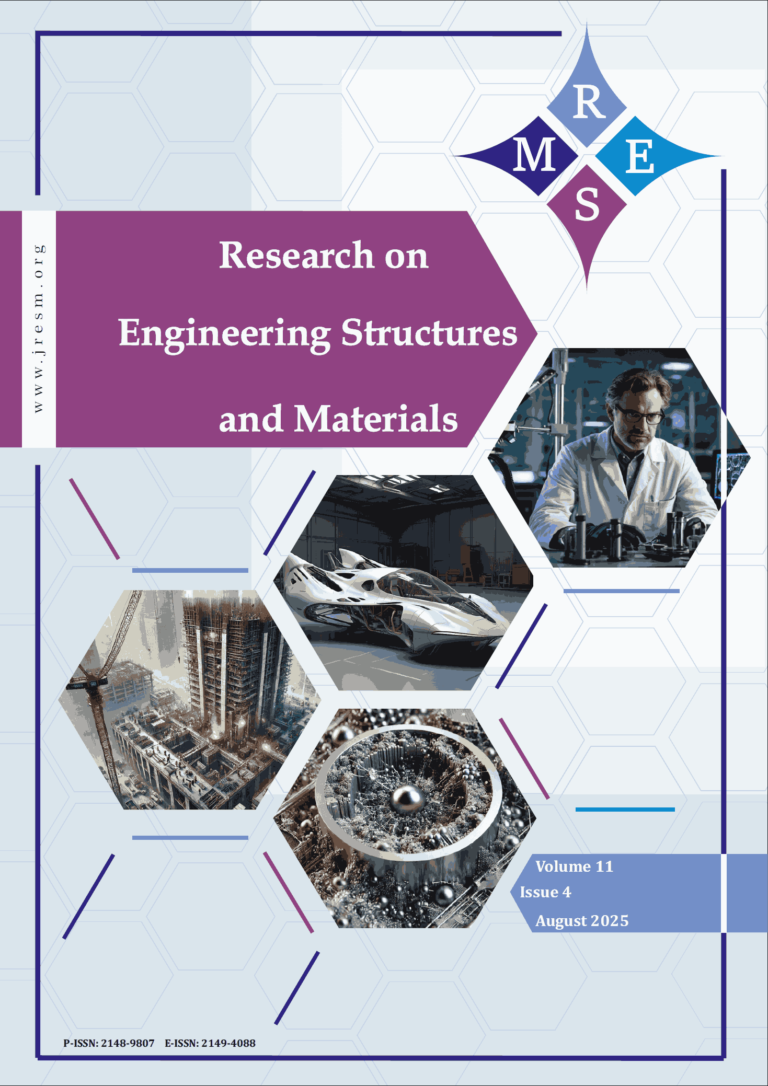This paper introduces a probabilistic approach for predicting the lifetime of
extrusion dies using a structural reliability method known as stress-strength
interference. In our investigation, we have integrated the assessment of the die’s
cycle life by following behavioral and rheological law. The approach relies on
estimating the reliability index through a combination of a behavioral model and
a reliability analysis of the hot extrusion process. Subsequently, the reliability
analysis is conducted using a mechanical model to depict the most likely failure
conditions. In this regard, the rheological law of Hansel & Spittel emerges as the
most suitable choice, as it incorporates the mechanical properties of the
materials employed in the fabrication of hot tools. The proposed mechanoreliability approach enables us to estimate reliability and its sensitivity by
adjusting the parameters controlling the input process in die formation.
Numerous scenarios involving extrusion dies were considered. The results
demonstrate that temperature’s impact on the die during the extrusion process
is manifested through fatigue and damage parameters, as well as the first
equivalent strain, which affect the evolution of the reliability index β and
subsequently enhance the number of billets extruded.
